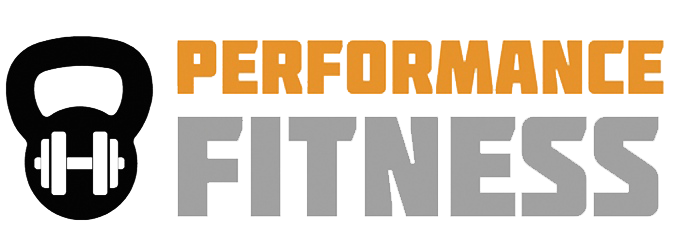Are You Cheating Yourself?
Are You Cheating Yourself?
—Elise Miller
If you indulge in cheat meals, you might just be cheating yourself out of achieving your body composition goals. In fact, if I had my way, you’d have to fulfill certain criteria before you were permitted to use cheat meals as a diet tool. These criteria would include:
- Tracking your calories dutifully for at least three months. Sound harsh? I know. But the truth is that you have to embrace, as a lifestyle, knowing exactly how many calories you are eating because in the end, it really does come down to calories in/calories out, no matter what type of diet you’re eating. Read this article to learn more.
If you abhor the idea of tracking, I encourage you to really investigate your resistance, and your fat loss goals. If you truly want to achieve a certain weight or body composition, why would you opt out of one of the most effective weight loss methods? Tracking keeps you honest, plain and simple; otherwise, it’s just too easy to rationalize your food and drink choices, and overeat. If that’s the case, then your cheat meal isn’t a cheat meal at all. It’s just another meal. - You are eating under maintenance, religiously. This means you’ve calculated how many calories you actually need to eat to lose weight, and you are therefore consuming less energy than you are expending. This is one of my favorite calorie calculators. Hint: after you plug in all your info, take a screen shot for future reference. Eating slightly under maintenance might include being mildly, tolerably hungry at bedtime or various points throughout the day. As long as you are not scheming to murder your family, and/or binge-eating, you should be okay. Your metabolism slows a little when you diet, which is the reason cheat meals exist in the first place.
- You are eating adequate protein, specifically, about one gram of protein per pound of bodyweight. If you’re like me, you want to lose fat but build or maintain muscle. This is achieved by keeping your protein intake fairly high. Read more about the importance of protein here.
- You are exercising 3-5 days per week, incorporating strength training and conditioning. This is a no-brainer, right?
When you have fulfilled these criteria, then once a week you’re free to cheat, to eat more than you usually do, hopefully without eating so much it leaves you nauseous. And, you know with unwavering confidence that you will return to your regular, slight calorie deficit the very next day, not after the weekend, not the next week, month or year.
Don’t let your cheat meal, in other words, completely derail your efforts.
If you are prone to lose control when faced with processed, sugary or salty snacks and/or alcohol, you might want to cheat with less addictive food and beverage sources. And if you made great strides to change your regular eating habits from junk to whole, real foods, maybe revisiting your old habits isn’t such a good idea. Food for thought, let’s say.
Finally, let’s not lose sight of the fact that cheat meals gained popularity in the bodybuilding community, among a species of human that is ridiculously dedicated to achieving super lean, muscular physiques that don’t exist anywhere else in nature. These are people who typically train two times a day, weigh and measure everything they put in their mouths and rarely go out to eat.
If this doesn’t sound like you, then cheat meals might not be relevant after all. For you, it might be more a matter of eating a bowl of ice cream once a week after dinner, knowing that the rest of the time you’re pretty much sticking to your diet, getting plenty of sleep, protein and exercise, preferably in that order.
Whatever you decide, make it an informed decision, and bon appétit!

